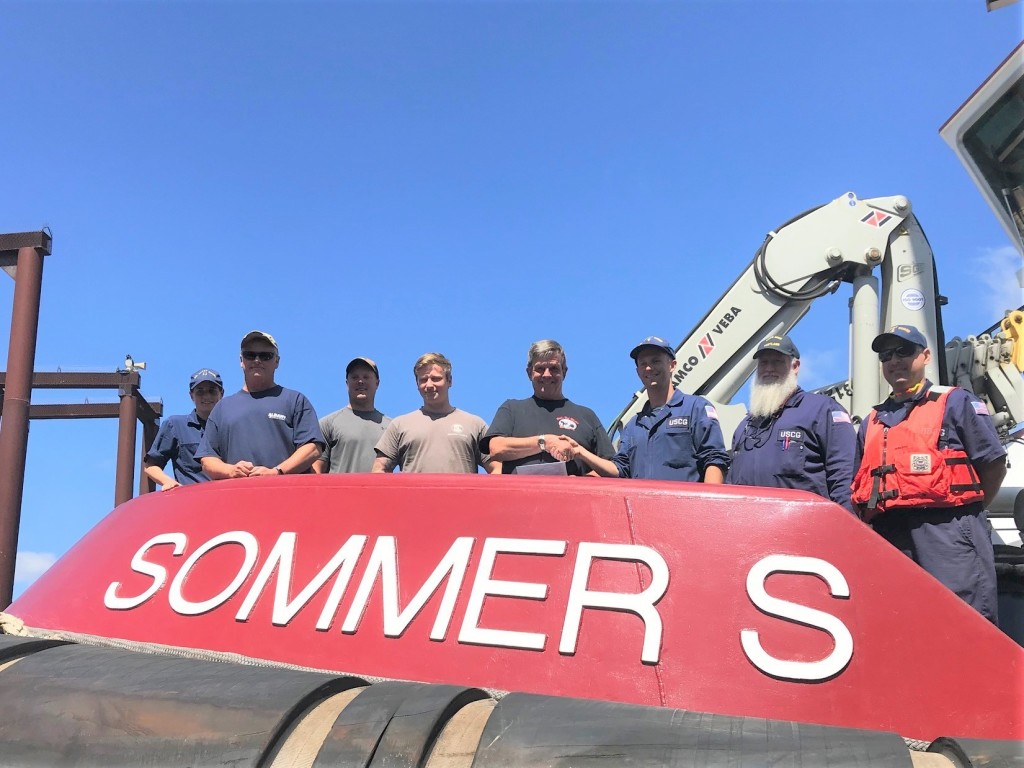Earlier this summer, my esteemed colleague Pamela Glass wrote about the American Waterways Operators spring meeting held in May.
Weighing heavily on AWO’s president and CEO Jennifer Carpenter’s mind at the time was the inland industry’s chronic labor shortage. Though this problem ebbs and flows in severity, now is a particularly rough patch that owners and operators are going through.
The pandemic made a bad situation quite a bit worse. Then the recent trend to quit one’s current job because there are labor shortages everywhere and opportunities abound has made things worse yet. It’s unprecedented.
No one knows what will happen, but eventually, the problem will get better.
But now is the time to look at the big picture. What can be done to keep this from happening in the future? The answer is better planning.
The barge industry “is an essential sector with strong implications for national security, so we need to make sure we have a pipeline of people who want to come into this industry and make a career of it,” Carpenter said. “The short-term challenge [for operators] is making sure we’ve got people to run the boats now and we have the people to grow the industry into the future. Those are big issues for our members.”
How do we grow the industry? By selling the industry to generations coming up behind us. I know of many barge companies that have recruiting gigs at local high schools, but those don’t seem to be very successful.
While Pam was at the AWO meeting in Washington, D.C., I was at Shamrock Marine in Baton Rouge, La. Shamrock provides launch vessels to carry personnel, groceries, palletized cargo and other supplies to towboats and ships on the Mississippi River.
I discussed recruiting with Shamrock’s founder and co-owner Duncan Armentor. I asked him about visiting high schools to recruit, and he said he doesn’t do much of it.
“We get them earlier than that, in grammar school,” he said. “You bring those young kids aboard the boats and they’ll never forget it. It’s kind of like planting a seed.”
Armentor said by the time the kids get to high school, they’ve got too many other things on their minds. “They already have an idea about what they want to pursue,” he said, “but the little ones, that’s where you can make a real impression.”




